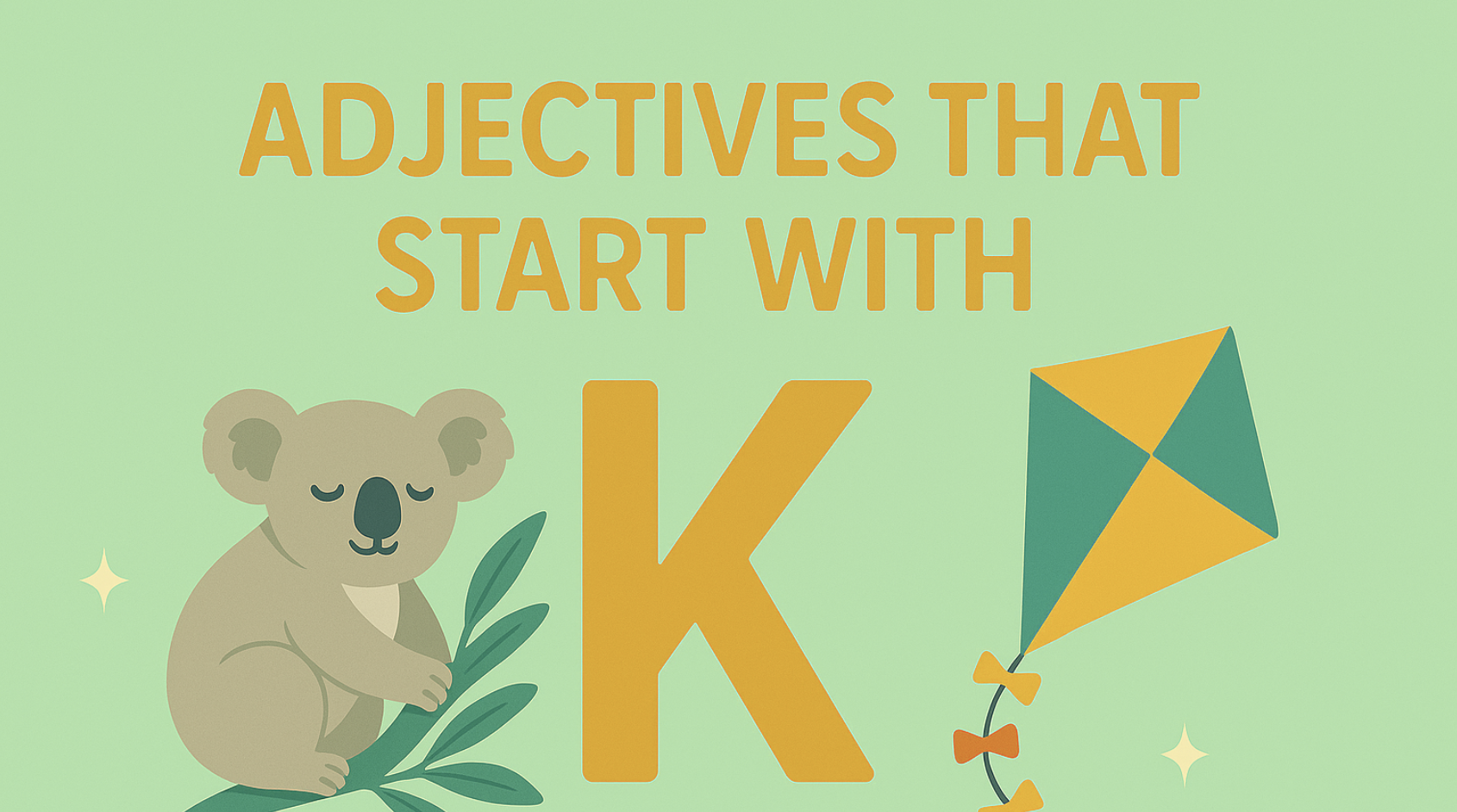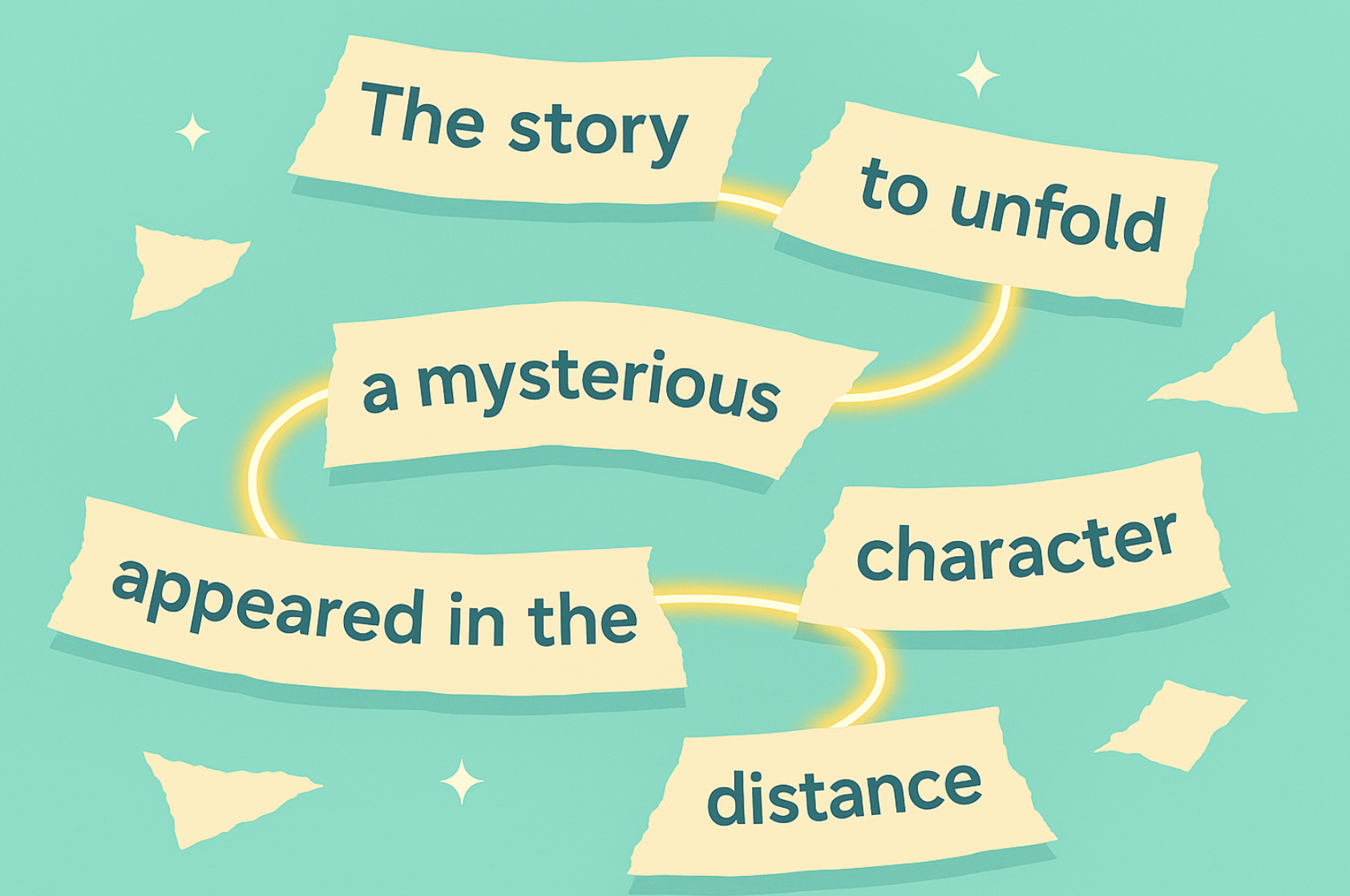I’m so excited to write this blog, my keyboard might catch fire from the speed of my typing.
That, dear reader, is hyperbole—an exaggeration so over-the-top, there’s no way you’re meant to take it literally. And yet, it works. It grabs attention, adds emotion, and makes the sentence just a little more memorable.
Hyperbole is everywhere: in the way we speak, the way we write, and definitely the way we text (“I literally died laughing”—no, you didn’t, but we get it). Whether you’re crafting a clever blog post, spicing up your fiction, or just trying to make your emails a little less robotic, knowing how to use hyperbole in a sentence is a skill worth mastering.
In this post, we’ll break down what hyperbole is, how to use it effectively, and show you a bunch of fun, practical examples along the way. By the end, you’ll be exaggerating like a pro—and doing it on purpose.
What Is Hyperbole?
At its core, hyperbole (pronounced hy-PER-buh-lee) is a figure of speech that involves deliberate and extreme exaggeration used for emphasis, drama, or humor. It’s not meant to be taken literally—no one actually waited a thousand years for their coffee—but the exaggeration helps paint a vivid picture or express strong emotion.
The word comes from the Greek hyperbolē, meaning “to throw beyond”—and that’s exactly what hyperbole does: it throws your meaning beyond reality to make a point. You’ve probably used it without even realizing it, like saying “I’m starving!” when you’re just a little peckish, or “I’ve got a mountain of work to do” when your inbox has eight unread emails (okay, maybe twelve).
Hyperbole pops up in everyday speech, literature, advertising, and social media because it adds color and flair. It helps us say things louder—without actually raising our voices.
In short: it’s not about being accurate, it’s about being expressive.
Your Publishing Journey Awaits – Start NowHow to Use Hyperbole in a Sentence
Using hyperbole is kind of like adding hot sauce to your writing—it gives your words an extra kick. But just like hot sauce, a little goes a long way. The goal isn’t to mislead your reader or sound absurd (unless that’s the point); it’s to make a feeling, idea, or image more intense and vivid.
To use hyperbole in a sentence, start by thinking about the emotion or idea you want to emphasize. Are you trying to show how tired someone is? You could write, “He was so exhausted he could sleep for a century.” Are you exaggerating impatience? Try, “She’s been waiting forever.” In both cases, the exaggeration is obvious—but it’s effective, because it drives the message home.
Just make sure your audience knows you’re being playful, not literal. Hyperbole works best when it’s used intentionally and in the right tone—like in creative writing, dialogue, humor, or persuasive language. Overdo it in the wrong context (say, a legal report or a technical manual), and you might raise a few eyebrows.
Example of Hyperbole in a Sentence
The best way to understand hyperbole is to see it in action. Below are some classic—and delightfully over-the-top—examples of hyperbole used in a sentence. These aren’t meant to be taken literally, but they pack a punch by exaggerating emotions, actions, or situations for dramatic (and often humorous) effect.
Classic Hyperbole Examples
- “I’m so hungry I could eat a horse.”
(You’re probably just craving a snack—but the exaggeration gets the point across.) - “It took forever to find a parking spot.”
(It probably took 15 minutes, but it felt like a lifetime.) - “Her smile was a mile wide.”
(Of course it wasn’t, but it paints a vivid image of how happy she looked.) - “This bag weighs a ton.”
(You don’t need a forklift, but your shoulder definitely feels it.) - “He’s older than the hills.”
(An exaggerated way to say someone is very, very old—or just a little out of date.)
Hyperbole in Everyday Conversations
You use hyperbole all the time without thinking about it. Think of lines like:
- “I’ve called you a million times.”
- “I laughed so hard I nearly died.”
- “Everyone in the world saw that post.”
Are these technically accurate? No. But do they add energy, color, and emphasis? Absolutely.
Hyperbole helps you say more with less. Instead of explaining just how hungry, tired, excited, or frustrated you are, a well-placed exaggeration does all the heavy lifting—and makes the sentence more fun to read.
When Not to Use Hyperbole
As fun and expressive as hyperbole can be, there are times when it’s best to put the dramatic flair on pause. Not every context calls for exaggeration, and using it in the wrong place can cause confusion, misinterpretation—or worse, make you sound unreliable.
If you’re writing something factual, formal, or sensitive—like a news article, academic paper, medical advice, or legal document—leave the hyperbole at the door. Saying “This treatment will change your life forever!” in a medical context can be misleading, and “We’ve solved climate change!” in a policy report might raise a few eyebrows. Hyperbole should never replace accuracy when accuracy matters.
Also be mindful of tone. Overusing hyperbole in persuasive writing or professional communication can make you seem overly emotional or unserious. Your reader might not feel the same sense of urgency when you claim something is “the worst thing to ever happen in history”—especially if you’re just talking about a late delivery.
The golden rule? Use hyperbole to express, not to mislead. In casual, creative, or playful contexts, it’s a stylistic win. In situations where clarity and credibility matter most, it’s better to keep things grounded.
Why Hyperbole Matters in Writing
Hyperbole isn’t just a decorative flourish—it’s a strategic tool that helps writers convey emotion, personality, and perspective in a way that plain facts often can’t. Whether you’re trying to make your audience laugh, highlight the intensity of a moment, or simply make your message more memorable, a well-placed exaggeration can do the job beautifully.
Take this sentence: “He was a little upset.” Now compare it to: “He was so furious, steam could’ve come out of his ears.” The second version doesn’t just tell you he was angry—it shows you, and maybe even makes you smile. Hyperbole lets your readers feel the mood, not just read about it.
In storytelling, hyperbole helps build vivid scenes, sharp dialogue, and unforgettable characters. In marketing and persuasion, it creates bold claims that stick in people’s minds (just think of every time a product promises “the best results ever”). And in everyday writing—like blogs, emails, or social captions—it adds tone, charm, and relatability.
Used thoughtfully, hyperbole makes your writing more human. It reflects how we actually talk, think, and feel—because sometimes, “I’m mildly annoyed” just doesn’t cut it like “I’m going to lose my mind.”
Great! Here’s the next section of your blog post:
Practice Time: Write Your Own Hyperbole
Now that you’ve seen how hyperbole works, it’s your turn to have a little fun with it. Think of an everyday emotion or situation—being tired, hungry, excited, annoyed—and stretch it to the extreme. The goal? Make the feeling so big that it’s obviously exaggerated, but still rings true.
Here are a few sentence starters to spark your creativity:
- “I was so hungry, I could…”
- “It was so hot outside, my…”
- “He was so scared, he nearly…”
- “This bag is so heavy, it feels like…”
Here’s one to kick things off: “I was so tired, I nearly fell asleep standing in line at the coffee shop.”
See? Easy, fun, and wildly relatable.
Give it a try—write your own hyperbolic sentence and share it with a friend, in the comments, or just keep it as a secret weapon in your writing toolkit. You’ll be surprised how often this little trick comes in handy.
Final Thoughts & Takeaways
Hyperbole is more than just playful exaggeration—it’s a powerful way to express strong emotions, grab attention, and make your writing more vivid and engaging. From casual conversations to creative storytelling, it helps you say what you feel in a way that’s bold, clear, and impossible to ignore.
Remember, hyperbole works best when your reader knows you’re not being literal. It’s meant to entertain, emphasize, and energize—not to mislead. Use it thoughtfully, match it to your tone, and don’t be afraid to have fun with it.
So the next time you want to describe a frustrating commute, a mind-blowing meal, or your epic to-do list—go ahead and exaggerate. Just maybe not to the ends of the Earth and back… unless it’s really that dramatic.
FAQs – Hyperbole in a Sentence
Q: What is an example of hyperbole in a sentence?
An example of hyperbole is: “I’m so tired I could sleep for a year.” This sentence uses extreme exaggeration to express deep exhaustion. The speaker doesn’t literally mean a year—it’s a dramatic way to emphasize how tired they feel. That’s what makes it hyperbole.
Q: How do you use hyperbole in a sentence?
To use hyperbole, take a simple idea or feeling and intentionally exaggerate it. For example, instead of saying “I’m hungry,” you might say “I could eat an entire elephant.” The exaggeration should be clearly unrealistic but emotionally expressive. It adds color, humor, or intensity to your writing or speech.
Q: What is hyperbole in a sentence?
Hyperbole in a sentence is when deliberate exaggeration is used to emphasize a point or evoke strong emotion. It’s not meant to be taken literally. For instance, saying “This meeting is never going to end” expresses frustration, not fact. It’s a stylistic device that makes language more vivid and relatable.
Q: Is hyperbole the same as lying?
No—hyperbole is not lying. It’s a rhetorical tool used intentionally to exaggerate for effect, not to deceive. When someone says “I’ve told you a thousand times,” they don’t expect you to count—they’re just emphasizing their frustration. Hyperbole is understood by the listener as an expression, not a factual claim.
Q: Can hyperbole be used in formal writing?
Generally, hyperbole is better suited for creative, persuasive, or casual writing. In formal or academic contexts, it can come across as unprofessional or misleading. That said, a subtle, well-placed hyperbole can work in opinion pieces or speeches where tone is more flexible. Use it thoughtfully based on your audience.
Q: Why is hyperbole used in writing?
Writers use hyperbole to amplify emotions, create strong imagery, and capture attention. It makes descriptions more dramatic and helps readers feel the intensity of a situation. Hyperbole also adds personality and rhythm, especially in fiction, dialogue, and marketing. It’s an easy way to make your words more memorable.
Q: What’s the difference between hyperbole and metaphor?
A metaphor compares two things directly, often figuratively (“Time is a thief”), while hyperbole exaggerates something for emphasis (“I waited forever.”). Both are figures of speech, but they serve different purposes. Hyperbole stretches the truth to make a point; metaphors draw parallels to add meaning. You can even use both in the same sentence for extra flair.
Q: What are some common examples of hyperbole in daily life?
We use hyperbole all the time without thinking about it. Phrases like “I’m freezing,”“This weighs a ton,” or “She’s the nicest person in the universe” are all examples. They’re not literally true, but they help express strong feelings or opinions. Hyperbole makes ordinary language more expressive and engaging.







